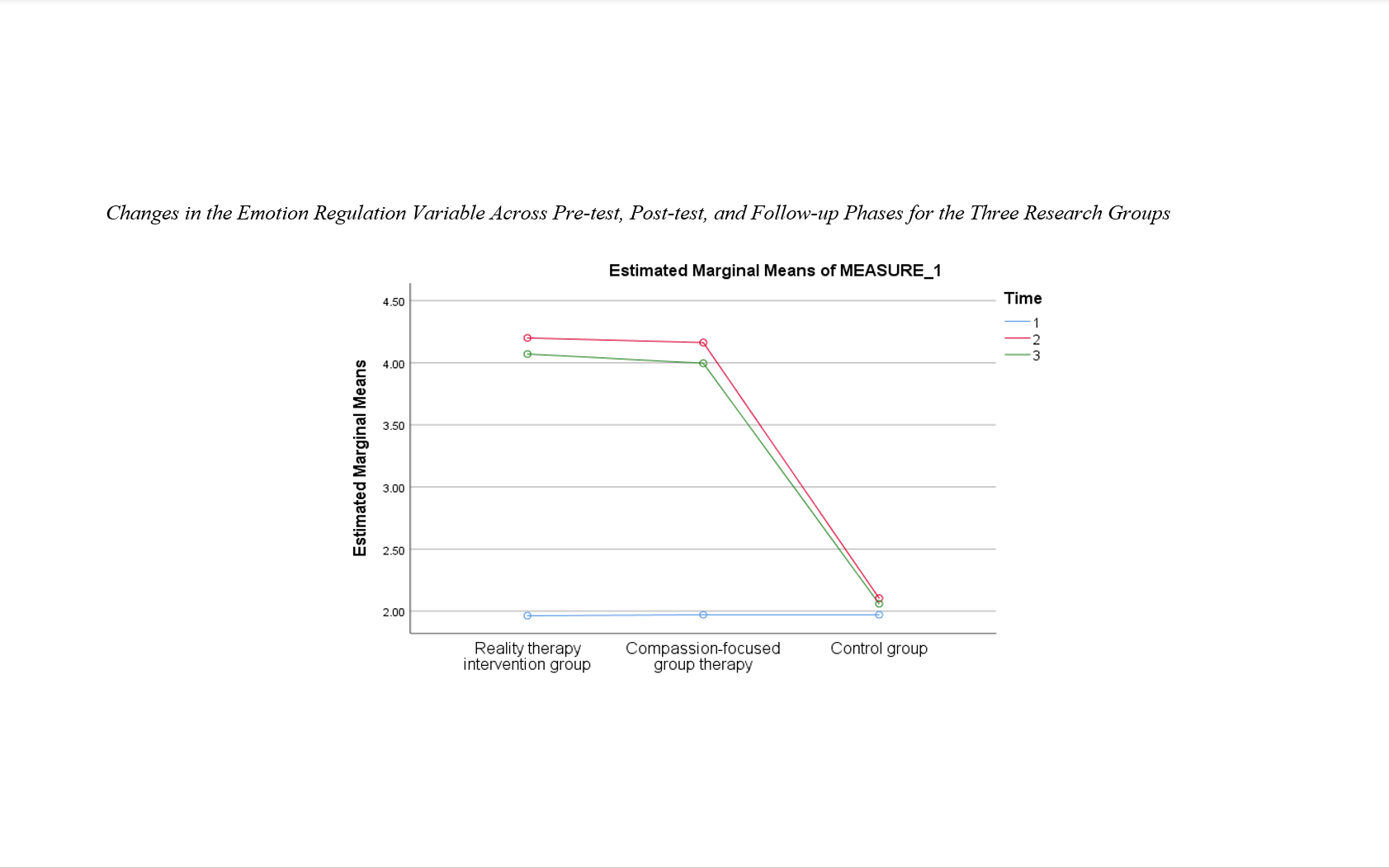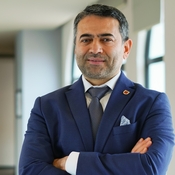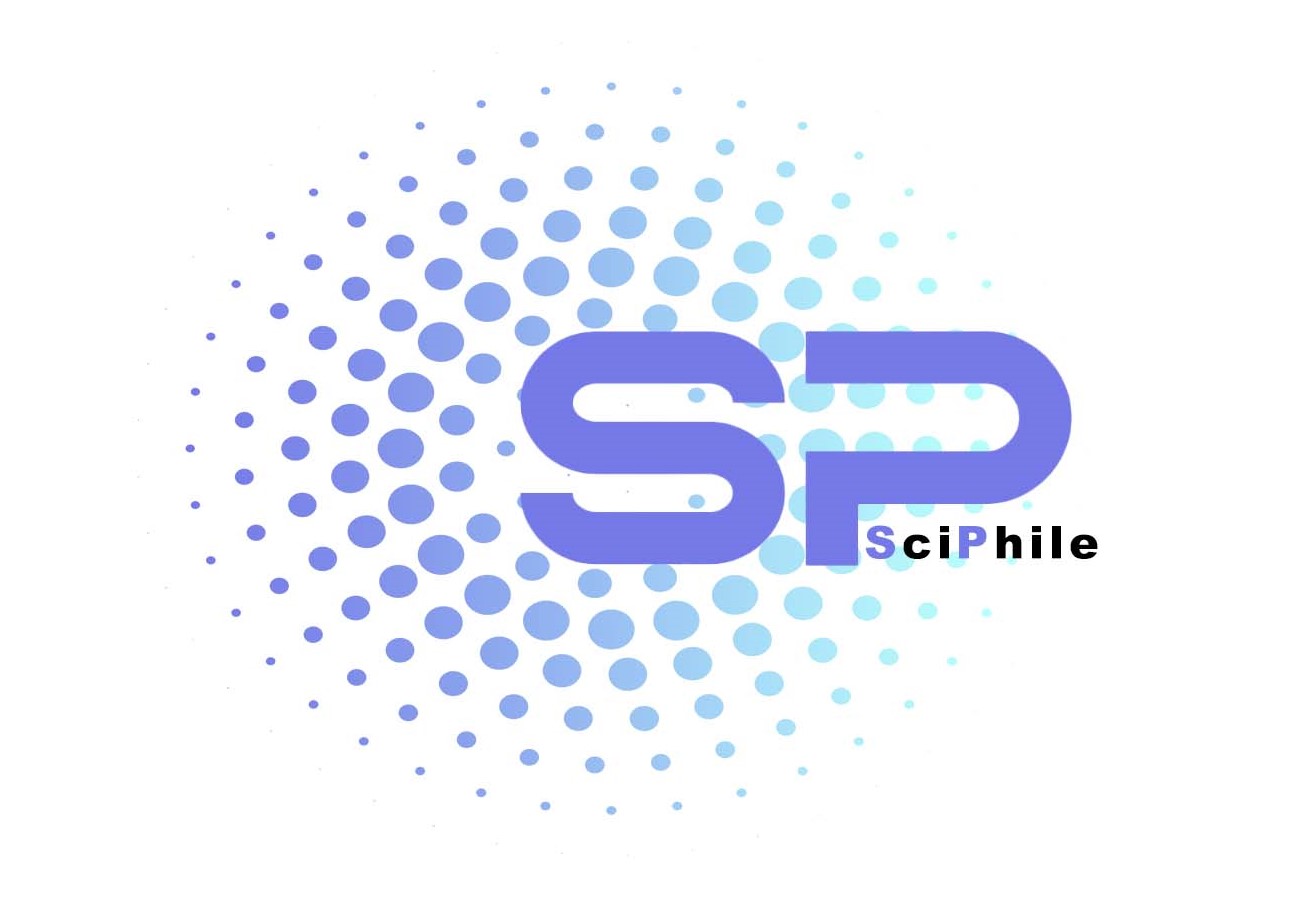Comparison of the Effectiveness of Reality Therapy and Compassion-Focused Therapy on Emotion Regulation in Gifted High School Girls
Keywords:
Reality Therapy, Compassion-Focused Therapy, Emotion RegulationAbstract
The aim of the study was to determine the difference in the effectiveness of reality therapy and compassion-focused therapy on emotion regulation in gifted high school girls. This research employed a quasi-experimental design of the pre-test, post-test type with a control group and included a follow-up phase. The statistical population of this research consisted of all gifted high school girls in the city of Behshahr, who were studying at the Farzanegan School of Exceptional Talents in the 2023-2024 academic year. The research sample, based on purposive and convenience sampling, included 45 individuals, who were randomly assigned to three groups: reality therapy (n = 15), compassion-focused therapy (n = 15), and control (n = 15). The data collection instruments used in this study were the Emotion Regulation Questionnaire by Garnefski and Kraaij (2006), as well as the therapeutic protocols for reality therapy by Glasser (2010) and compassion-focused therapy by Gilbert (2014). The reality therapy protocol lasted 8 sessions, with each session lasting 60 minutes, and the compassion-focused therapy protocol also lasted 8 sessions, with each session lasting 90 minutes. For statistical analysis of the data, a one-way analysis of covariance was employed. The findings indicated that both reality therapy and compassion-focused therapy had a significant effect on emotion regulation in the post-test phase. Additionally, there were differences in emotion regulation scores across the three phases (pre-test, post-test, and follow-up), regardless of the group. Among the therapeutic approaches, reality therapy was more effective in improving emotion regulation. Therefore, it can be concluded that using therapeutic approaches such as reality therapy and compassion-focused therapy, particularly reality therapy, can enhance the emotion regulation of gifted students.
Downloads

Downloads
Additional Files
Published
Submitted
Revised
Accepted
License
Copyright (c) 2024 Fatemeh Hemmati (Author); Shaban Haydari (Corresponding Author); Mohammadkazem Fakhri (Author)

This work is licensed under a Creative Commons Attribution-NonCommercial 4.0 International License.


















